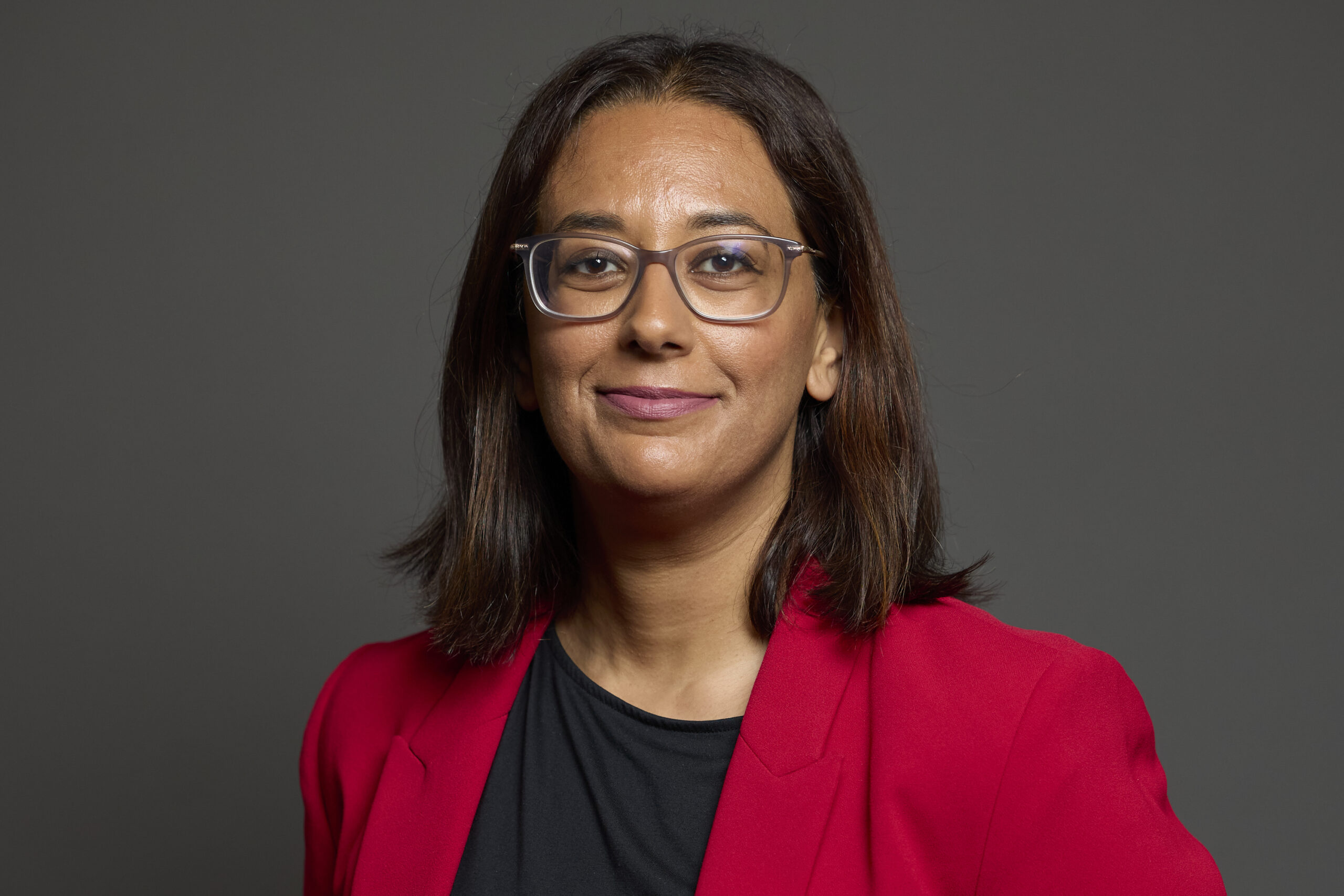Every young person deserves the opportunity to thrive. Whether through education, extracurricular activities, or access to mental health support, investing in our children and young people is one of the most important things we can do as a society. Youth services—both universal and targeted—play a crucial role in ensuring that no young person is left behind. But over the past decade, these services have faced significant challenges, with funding cuts leaving too many young people without the support they need.
In Parliament this week, I led a debate on access to universal and targeted youth provision, shining a light on both the incredible work being done in our communities and the urgent need for long-term investment in youth services. I welcomed the Government’s focus on this issue, including initiatives such as the National Youth Strategy for England and the Young Futures Hubs, which reflect a growing understanding of the vital role youth services play.
However, we must also be honest about the scale of the challenge. Since 2010, under Conservative governments, local authority spending on youth services in England has fallen by £1.2 billion in real terms, with councils like Kirklees, which covers my constituency of Huddersfield, seeing a 70% reduction in funding. This has left just £47.76 per young person being spent on youth services in our communities.
The impact of these cuts is clear. Research from the Institute for Fiscal Studies found that youth club closures led to a 4% drop in GCSE performance at age 16, with even greater effects for disadvantaged pupils. Worse still, the loss of youth services has been linked to a 14% increase in youth crime within six years of closures.
We are seeing the consequences of these reductions across the country. Organised criminal gangs exploit vulnerable children, luring them into county lines drug networks. Tragically, knife crime continues to devastate communities. In Huddersfield, we have mourned the loss of Khayri McLean, just 15 years old, and Harley Brown, 17, both victims of knife crime. Only in the past few weeks, 15-year-old Harvey Willgoose was fatally stabbed in Sheffield. No parent should have to experience such loss, and no community should have to endure this heartbreak.
Alongside concerns about safety, young people are facing a mental health crisis. More than one in five children now has a diagnosable mental health condition, yet thousands are left waiting more than a year to access specialist support. In 2023-24 alone, nearly 40,000 children waited more than two years for treatment. Research shows that it is 100 times cheaper to treat a young person in the community than in an inpatient setting, yet we are failing to provide the early intervention needed to prevent problems from escalating.
The Labour Government has taken steps to improve mental health support in schools, youth services also play a critical role in providing early intervention. The Youth Investment Fund is a welcome initiative to develop youth facilities and similarly the Young Futures Hubs pilot is a step in the right direction. It is also important however that youth services have sustainable, long-term funding to provide young people with the stability and support they need.
Despite these challenges, I am constantly inspired by the incredible organisations working within our communities to support young people. In Huddersfield, groups like Positive Stepz, Conscious Youth Hub, Central Stars Youth Club, Team Kickstart, Yorkshire Community Development, Empower, Box Power, and Temple Wellbeing are making a real difference. These organisations provide young people with safe spaces, trusted relationships, and opportunities to grow. But they cannot do it alone. Many are struggling to stay afloat due to financial constraints, forcing them to reduce the services they offer.
If we are serious about supporting young people, we must also invest in the workforce that delivers these services. Over the past decade, more than 4,500 youth workers have left the profession, and the number of undergraduate youth work programmes has plummeted from 37 in 2013 to just six today. At the same time, demand for youth services is increasing, with 82% of youth organisations reporting growing demand for mental health support. We need to ensure that the youth sector can attract, train, and retain skilled professionals including the potential of a national training programme for youth workers to ensure safe, effective, and impactful youth provision.
The benefits of investing in youth services are clear. Research shows that for every £1 invested in youth work, the return to the taxpayer is between £3.20 and £6.40. For child and adolescent mental health services, every £1 spent generates an estimated £2.85 in benefits to individuals and an additional £1.40 in savings to the Government. These services reduce the need for costly interventions later in life, from social care to the criminal justice system. More importantly, they change lives.
Over the past few months, I have met with national youth organisations and seen firsthand the transformative effect of youth services in my community. I have heard from young people who, thanks to the support they received, have turned their lives around. I have also seen too many cases where a lack of access to support has led to wasted potential.
The Labour Party’s manifesto rightly states: “Nothing says more about the state of a nation than the well-being of its children.” If we want to build a stronger, safer, and fairer society, we must ensure that every young person, no matter where they live, has access to high-quality youth services.
By investing in youth services, we are investing in the future of our young people and our country. If we want to meet our growth ambitions, that also means investing in the next generation. I look forward to continuing to work with colleagues across Parliament and alongside the Government to ensure every young person has the opportunities they need to thrive.


